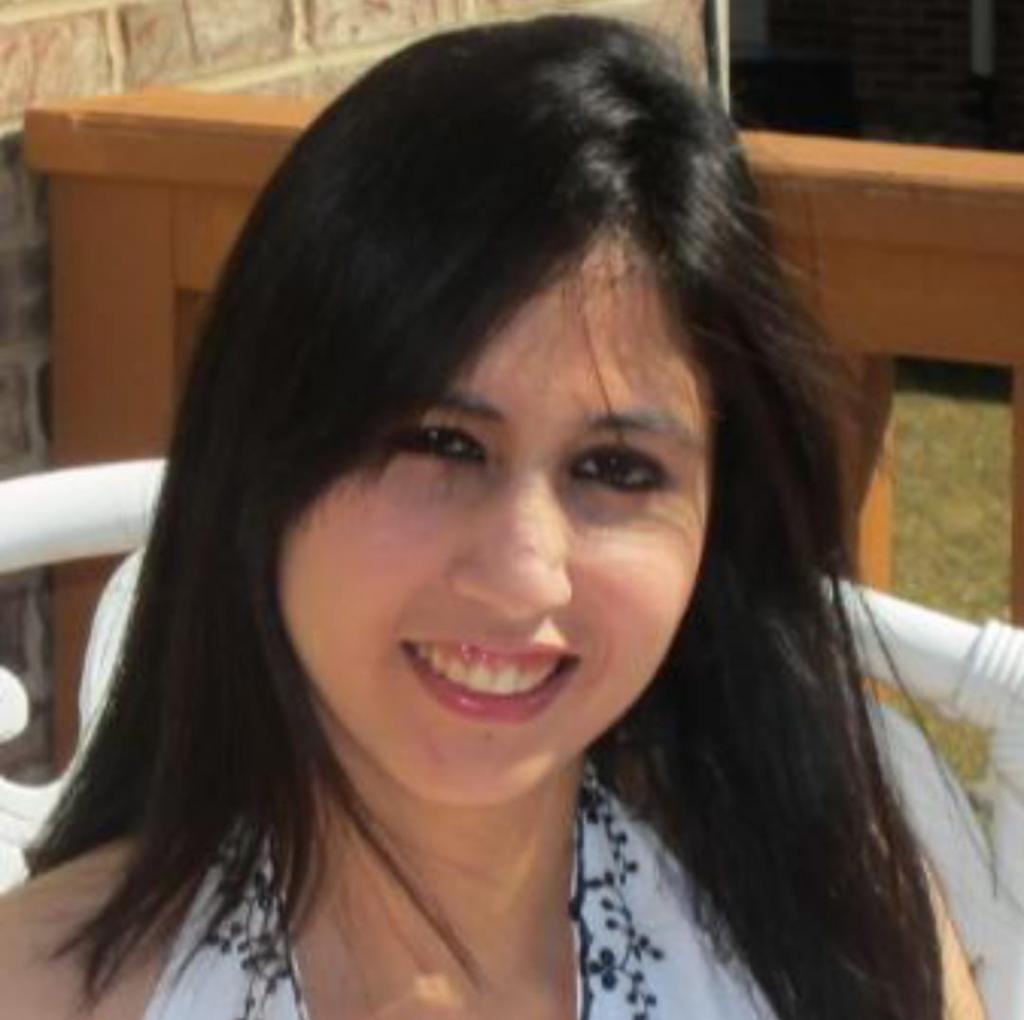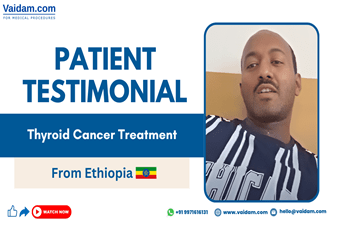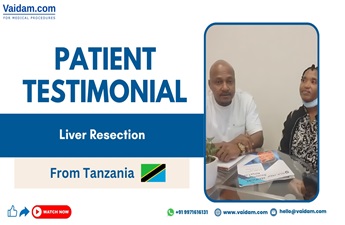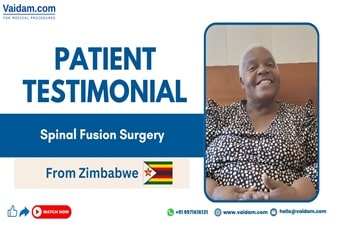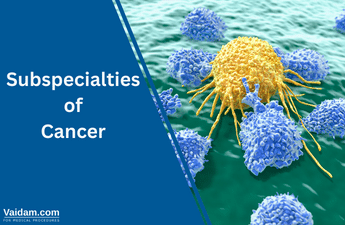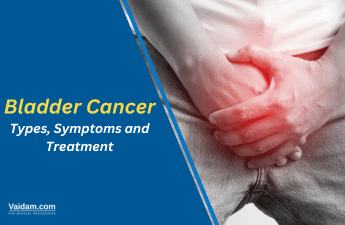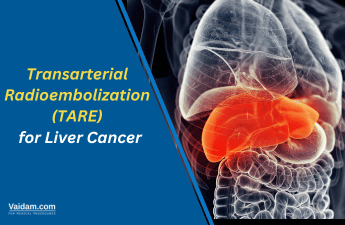Dr Mohd Roslan Bin Haron is one of the best Medical Oncologists in Kuala Lumpur. He has a wealth of expertise in his profession, spanning 40 years. His areas of expertise include breast cancer treatment, chemotherapy, immunotherapy, and targeted therapy. he is currently associated with Gleneagles Hospital Medini Johor.
In 1981, he received his MBBS from the University of Mansoura in Egypt, followed by an MSc in Clinical Oncology from Glasgow and a DMRT from the Royal College of Radiologists in 1989.
List of treatment provided by Dr Mohd Roslan Bin Haron
- Chemotherapy
- Acute Lymphocytic Leukemia - ALL in Adults
- Breast Biopsy
- Hairy Cell Leukemia - HCL
know about breast cancer
Breast cancer is a kind of cancer that develops in the breast cells. Breast cancer is the second most frequent cancer diagnosed in women after skin cancer. Breast cancer may strike both men and women, although it affects women considerably more frequently. Significant funding for breast cancer research and awareness has aided in the advancement of breast cancer detection and therapy. Early identification, a novel tailored approach to therapy, and a better knowledge of the illness have all contributed to a rise in breast cancer survival rates and a steady decline in the number of fatalities linked with the disease.
Breast cancer can start in a variety of places in the breast. Lobules, ducts, and connective tissue are the three primary components of a breast. The glands that generate milk are known as lobules. The ducts are tubes that transport milk from the breast to the nipple. Everything is held together by connective tissue, which is made up of fibrous and fatty tissue. Breast cancer usually starts in the ducts or lobules.
Breast cancer can spread to other parts of the body via blood and lymph arteries. Breast cancer is considered to have metastasized when it spreads to other regions of the body.
Types
The following are the most prevalent types of breast cancer:
Invasive ductal carcinoma is a kind of cancer that spreads throughout the body. The cancer cells start in the ducts and spread outside of them to various regions of the breast tissue. Invasive cancer cells can also travel to other places of the body, which is known as metastasis.
Invasive lobular carcinoma is a kind of cancer that spreads throughout the body. Cancer cells start in the lobules and then travel from the lobules to nearby breast tissues. These invasive cancer cells have the potential to spread throughout the body.
Diagnosing breast cancer
- Breast exam: Your doctor will feel for lumps or other abnormalities in both of your breasts as well as the lymph nodes in your armpit.
- Mammogram: This is a sort of X-ray that doctors frequently utilise during the initial screening for breast cancer. It generates pictures that can aid in the detection of tumours or anomalies by a doctor.
- Any questionable results are generally followed up with additional testing by a doctor. Mammography, on the other hand, can occasionally reveal a worrisome spot that turns out not to be cancer.
- MRI: Magnetic Resonance Imaging (MRI) is a type of imaging that combines many pictures of the breast to assist a doctor to detect cancer or other abnormalities. An MRI may be recommended as a follow-up to mammography or ultrasound by a clinician. Doctors occasionally use them as a breast cancer screening technique for people who are at a greater risk.
- Biopsy: Breast cancer can only be diagnosed definitively by a biopsy. A biopsy is a procedure in which your doctor extracts a core of tissue from a questionable location using a specialised needle instrument guided by an X-ray or another imaging test. A tiny metal marker is frequently left at the spot within your breast so that subsequent imaging tests may easily identify the region. Biopsy samples are submitted to a facility for testing, and specialists evaluate if the cells are malignant. A biopsy sample is also examined to establish the type of cells involved in breast cancer, the tumour's aggressiveness (grade), and whether the cancer cells have hormone receptors or other receptors that might affect your treatment options.
Treatment
Your doctor will assess your treatment choices for breast cancer depending on the kind of cancer, its stage and grade, size, and if the cancer cells are hormone-sensitive. Your doctor will also take into account your general health and personal preferences.
The majority of women with breast cancer undergo surgery, and many of them also receive extra treatment thereafter, such as chemotherapy, hormone therapy, or radiation. Chemotherapy may also be given before surgery in some cases.
If surgery is required, the kind will be determined by the diagnosis as well as the patient's preferences. Surgical procedures include:
- Lumpectomy: This procedure entails the removal of the tumour as well as a tiny quantity of healthy tissue surrounding it. A lumpectomy can help prevent cancer from spreading. If the tumour is tiny and simple to separate from its surrounding tissue, this may be a possibility.
- Mastectomy: The lobules, ducts, fatty tissue, nipple, areola, and some skin are removed during a basic mastectomy. A surgeon may also remove lymph nodes and muscle from the chest wall in rare cases.
- Sentinel node biopsy: Breast cancer can spread to other regions of the body through the lymphatic system if it reaches the sentinel lymph nodes, which are the first nodes to which cancer might spread. It is typically not essential to remove the other nodes if the doctor finds no malignancy in the sentinel nodes.
- Axillary lymph node dissection: If cancer cells are found in the sentinel nodes, a doctor may suggest removing numerous lymph nodes in the armpit. This has the potential to stop cancer from spreading.
- Reconstruction: After a mastectomy, a surgeon can rebuild the breast to make it seem more natural. This can assist a person in dealing with the psychological consequences of breast removal.
The surgeon has the option of reconstructing the breast at the same time as the mastectomy or a later period. A breast implant or tissue from another region of the body might be used.
Chemotherapy
If there is a high danger of recurrence or spread, a doctor may prescribe cytotoxic chemotherapy medications to destroy cancer cells. Adjuvant chemotherapy is what physicians describe chemotherapy given after surgery. Before surgery, a doctor may decide to use chemotherapy to reduce the tumour and make its removal simpler. This is referred recognised as neoadjuvant chemotherapy by doctors.
High-powered beams of radiation are used in radiation treatment to target and kill cancer cells. External beam radiation is used in the majority of radiation treatments. A huge machine is attached to the outside of the body in this approach.
Doctors may now irradiate tumours from within the body thanks to advancements in cancer treatment. Brachytherapy is the name for this sort of radiation treatment. During brachytherapy, doctors implant radioactive seeds, or pellets, near the tumour location within the body. The seeds are only present for a brief time and function to eliminate cancer cells.
Immunotherapy
Immunotherapy is a type of cancer treatment that makes use of your immune system. Because cancer cells create proteins that blind immune system cells, your body's disease-fighting immune system may not attack your cancer. Immunotherapy works by interfering with the immune system's natural processes.
If you have triple-negative breast cancer, which implies the cancer cells lack oestrogen, progesterone, or HER2 receptors, immunotherapy may be an option. Immunotherapy is used in combination with chemotherapy to treat triple-negative breast cancer that has progressed to other regions of the body.
Targeted therapy drugs
Drug treatments that target particular defects within cancer cells are known as targeted therapies. Several targeted treatment medications, for example, target a protein called human epidermal growth factor receptor 2 that is overproduced by certain breast cancer cells (HER2). The protein aids the growth and survival of breast cancer cells. The medications can harm cancer cells while protecting healthy cells by targeting cells that produce too much HER2. Drugs that target various defects inside cancer cells are offered as a targeted treatment. Targeted treatment is also a hot topic in cancer research.
Your cancer cells may be analysed to see whether you could benefit from targeted treatment medications. Following surgery, several drugs are used to lower the chance of cancer recurrence. Others are used to limit the tumour’s development in advanced breast cancer situations.
Hormone blocking therapy
Hormone blocking therapy is used by doctors to keep hormone-sensitive breast cancers from returning following treatment. Hormone treatment can be used to treat malignancies that are oestrogen receptor (ER) and progesterone receptor (PR) positive.
Hormone blocking medication is normally given after surgery, although it can sometimes be given before surgery to help decrease the tumour.
After treatment
A woman needs to continue to undertake a monthly breast check after treatment for breast cancer. Regular exams will aid in the detection of local recurrences. The incision area, the opposite breast, the axilla (armpit), or the supraclavicular region might all show early symptoms of recurrence (above the collar bone).
Maintaining a regular follow-up plan with your doctor is also essential for detecting issues early on when therapy is most successful. After the procedures, your health care practitioner will be ready to address any questions you may have regarding breast self-examination.

